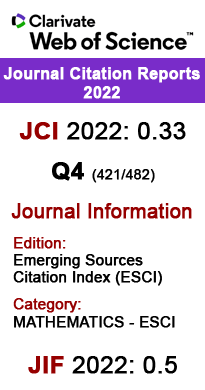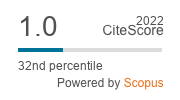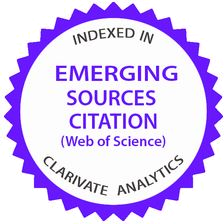Malaysian Journal of Mathematical Sciences, May 2021, Vol. 15, No. 2
Triangular Fuzzy Number-Based Conjoint Analysis Method and its Application in Analyzing Factors Influencing Postgraduates Program Selection
Mukhtar, N. I. and Sulaiman, N. H.
Corresponding Email: nhashima@fskm.uitm.edu.my
Received date: 30 March 2020
Accepted date: 8 April 2021
Abstract:
Fuzzy conjoint analysis model is widely used in measuring the level of preferences in various decision making processes. The method is gaining increasing popularity particularly due to its ability in analyzing questionnaire items in surveys that require respondents to rate their preferences by means of linguistic terms. Existing fuzzy conjoint analysis procedures commonly employs discrete fuzzy sets in representing preference levels and ratings of respondents towards attributes. While discrete-type of fuzzy sets are able to handle discrete forms of preference information, some preference information are more appropriate to be presented in the form of linguistic terms or linguistic values defined on a continuous scale. These types of linguistic terms can be mathematically represented in the form of fuzzy numbers. In this paper, a triangular fuzzy number-based conjoint analysis method (TFN-CAM) is proposed for the purpose of analyzing the level of preferences of a group of respondents pertaining to factors influencing their decision in making a selection, and for ranking of the selection factors. The proposed TFNCAM is implemented in ranking and analyzing the factors that influence a group of students in selecting a postgraduate program.
Keywords: Conjoint analysis, fuzzy number, linguistic values









